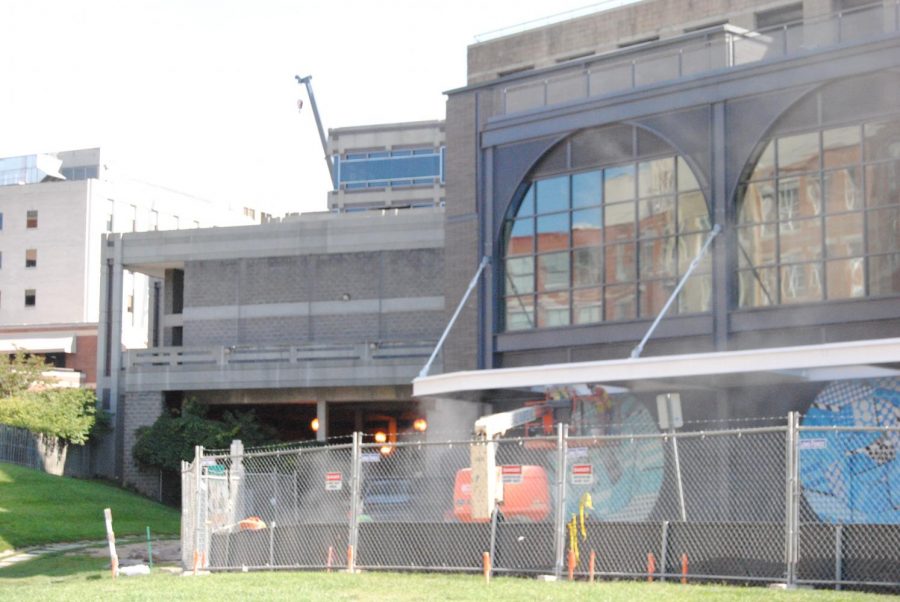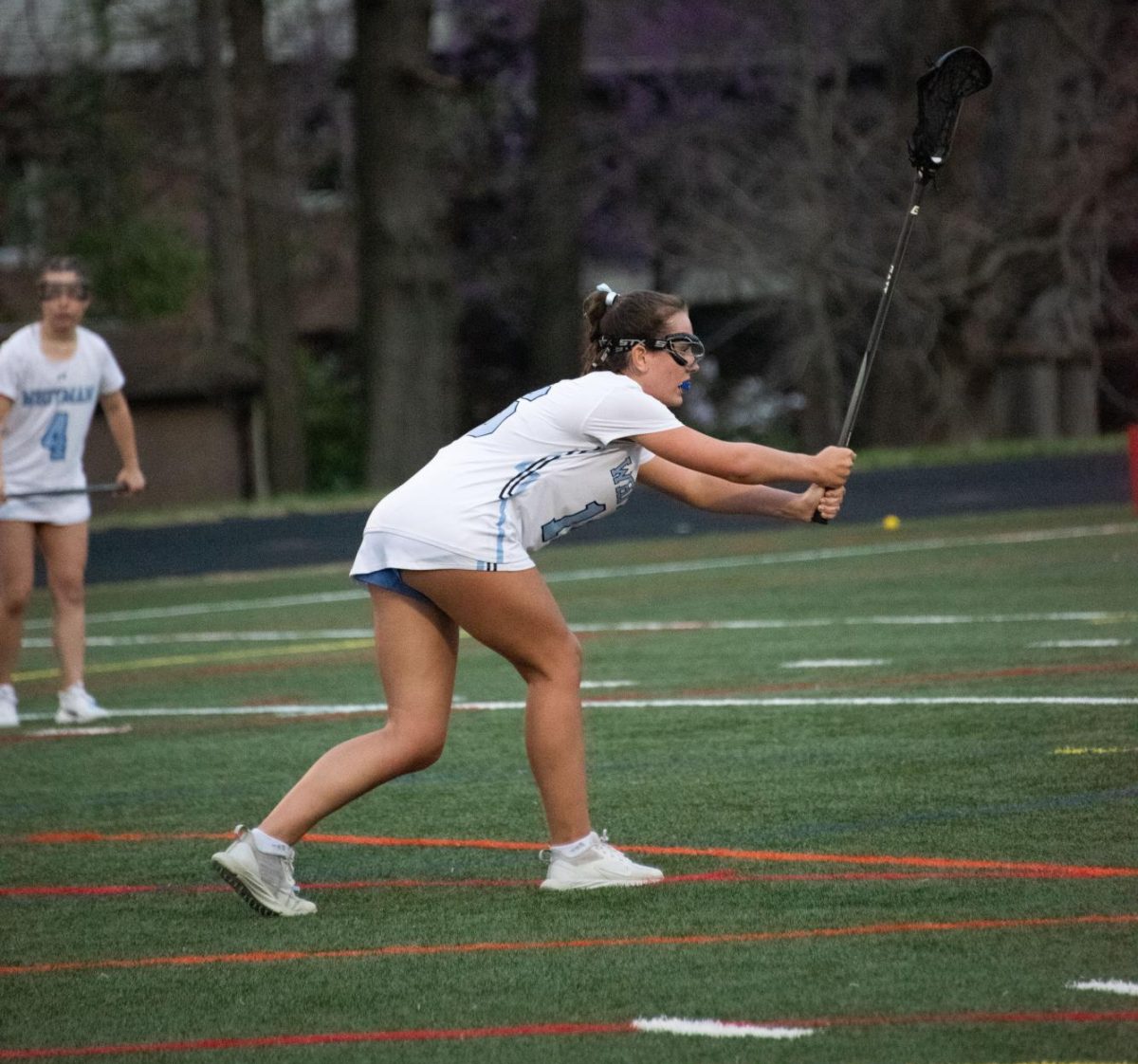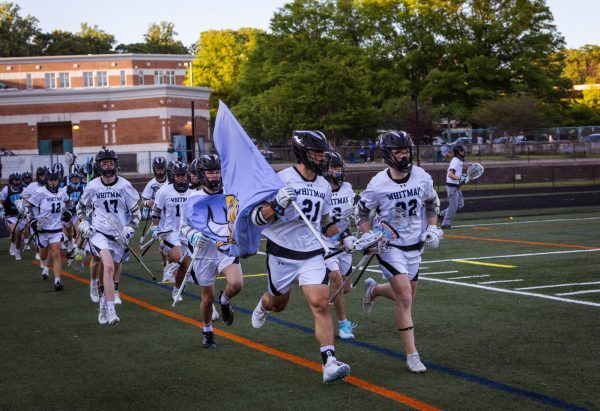Georgetown Branch Trail to close for four to five years due to Purple Line construction
Purple Line Transit Partners begins construction on the Georgetown Branch Trail, beginning in downtown Bethesda. The trail will be closed for four to five years due to construction on the new Metro line, which has prompted protests from residents and a lawsuit from the advocacy group Friends of the Capital Crescent Trail. Photo by Isaac DeMarchi.
September 26, 2017
The Georgetown Branch Trail, a section of the Capital Crescent Trail running from downtown Bethesda to Silver Spring, will be closed for the next four to five years due to Purple Line construction. Many community members have protested and filed lawsuits against the Federal Transit Administration over the closure.
Friends of the Capital Crescent Trail, an environmental advocacy group, hopes to halt construction with a temporary restraining order against the construction company, according to a Washington Post article.
D.C. District Court Judge Richard J. Leon heard the case for the temporary restraining order Sept. 19 but postponed his ruling until prosecutors presented more information about the environmental impact. The hearing continued Sept. 25, and Leon will deliver his ruling in October.
Those opposed to the closure say it will inconvenience many commuters and harm the environment through air pollution, erosion and loss of habitat for local wildlife due to deforestation. Purple Line Transit Partners has already begun removing trees along the trail and will continue construction unless the court rules that they must stop.
Students and teachers who use the trail for biking and commuting expressed frustration with the amount of time the trail will be closed for.
“It’s disappointing, because it’s being closed for such a long time and it’s used by so many different types of people, like students or commuters or families who like to go on walks there,” junior Ben Harris, who uses the trail to train for competitive bike races, said. “The trail being closed shuts out a big group of people who used to use it.”
This isn’t the first time construction of the Purple Line has been slowed. In 2014, a lawsuit stopped Purple Line construction advancements due to the Federal Transit Administration’s failure to comply with federal environmental standards.
Several other local organizations, including the Washington Area Bicycle Association, have lobbied to preserve the trail.Their main issue is the lack of action local government has taken to provide alternatives to the trail, Greg Billings, a WABA representative, said.
“We want the connection between Bethesda and Chevy Chase to be maintained while they’re doing constructions,” Billings said. “The county failed to provide that, the city of Chevy Chase failed to provide that, the state of Maryland failed to provide that, and so we have to ramp up advocacy efforts to make sure citizens have a safe alternative to the trail.”
Social Studies teacher Colin O’Brien, who formerly biked to work on the trail, said that though he sees the long-term benefits of the Purple Line, the current situation is inconvenient.
“The Purple Line will ultimately help reduce traffic and protect the local environment,” O’Brien said. “But it’s unfortunate that we have to lose such an awesome bike trail in the process.”










